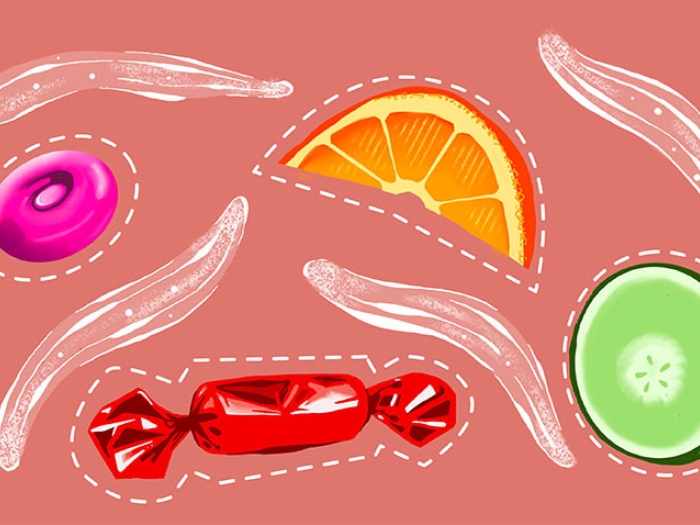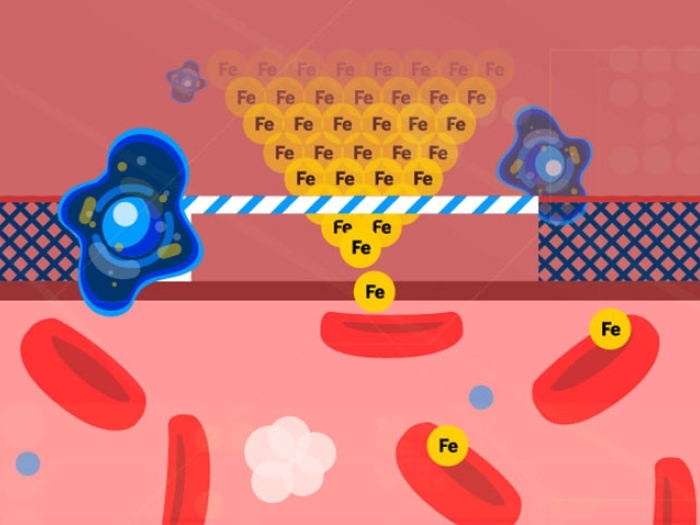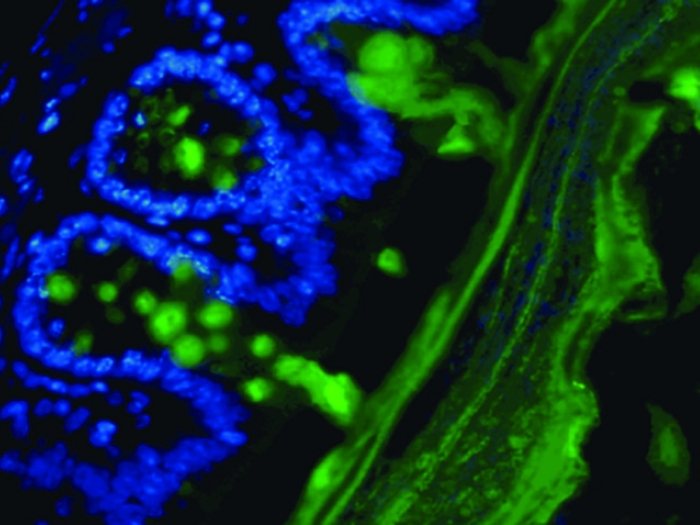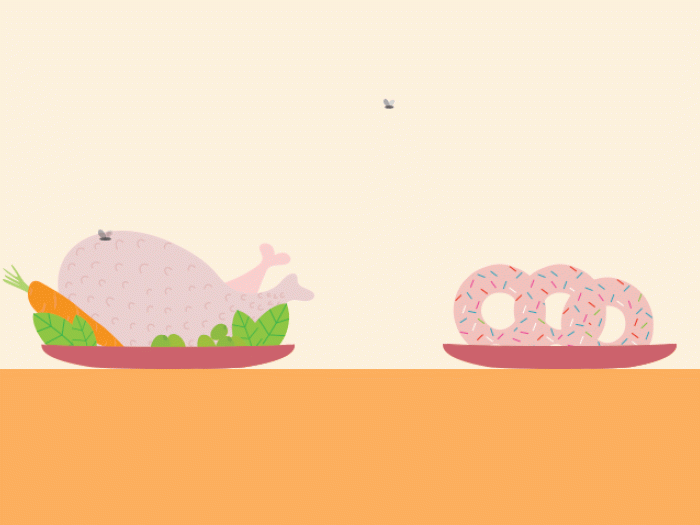Giving flies a choice of foods changes the chemical messaging in their brain that is responsible for coordinating metabolism, shortening their lifespan as a result.
12:11 PM
Author |
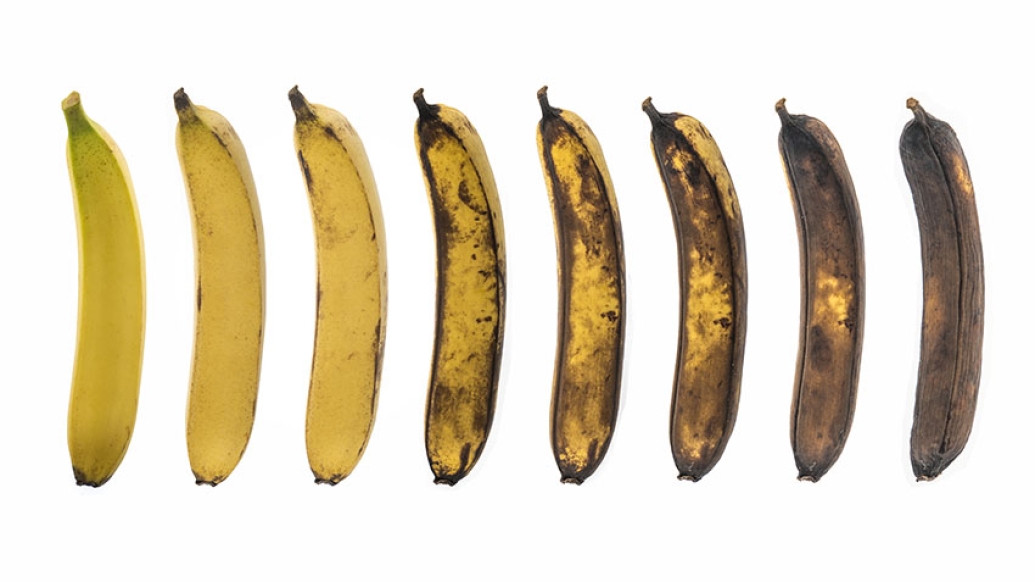
Having a choice of foods may accelerate aging and shorten the lifespan of fruit flies, according to a study published in the open-access eLife journal.
While early experiments have shown that calorie restriction can extend lifespan, the current study adds to the growing body of evidence that suggests other diet characteristics besides calories may also influence aging and lead to earlier death.
SEE ALSO: Intermittent Fasting: Is it Right for You?
"It has been recognized for nearly a century that diet modulates aging," says first author Yang Lyu, a Postdoctoral Fellow in the Department of Molecular & Integrative Physiology at Michigan Medicine. "For our study, we wanted to see if having a choice of foods affects metabolism and lifespan in the fruit fly Drosophila melanogaster."
Lyu and colleagues began by giving fruit flies either a diet of brewer's yeast and sugar mixed together, or a choice of the two nutrients separately. They found that having the choice between foods changed the flies' behavior and metabolism, and shortened their lifespan, independent of how much they ate.
MORE FROM THE LAB: Subscribe to our weekly newsletter
These changes indicated that the flies have distinct neural and metabolic states when given a choice between foods, in comparison to when they are presented with one combined food option. Further experiments by the team showed that a choice between meals causes rapid metabolic reprogramming, and this is controlled by an increase in serotonin 2A receptor signaling in the brain.
The researchers then inhibited the expression of an enzyme called glutamate dehydrogenase, which is key to these metabolic changes, and found that doing so reversed the life-shortening effects of food choice on the flies.
"Our results reveal a mechanism of aging caused by fruit flies and other organisms needing to evaluate nutrient availability to improve their survival and wellbeing," Lyu says.
Since many of the same metabolic pathways also exist in humans, the authors say it is possible that similar mechanisms may be involved in human aging. But more studies will be needed to confirm this.
Like Podcasts? Add the Michigan Medicine News Break on iTunes, Google Podcast or anywhere you listen to podcasts.
"It could be that the act of making decisions about food itself is costly to the flies," concludes senior author Scott Pletcher, the William H. Howell Collegiate Professor of Physiology and Research Professor at the Institute of Gerontology at the University of Michigan Medical School. "We know that in humans, having many choices can be stressful. But while short-term stress can be beneficial, chronic stress is often detrimental to lifespan and health.
This article was originally published as a press release by eLife journal where Emily Packer is also an author.
Read the latest Genetics and Genomics research published in eLife.
Paper cited: "Drosophila serotonin 2A receptor signaling coordinates central metabolic processes to modulate aging in response to nutrient choice," eLife. DOI: 10.7554/eLife.59399

Explore a variety of healthcare news & stories by visiting the Health Lab home page for more articles.

Department of Communication at Michigan Medicine
Want top health & research news weekly? Sign up for Health Lab’s newsletters today!
